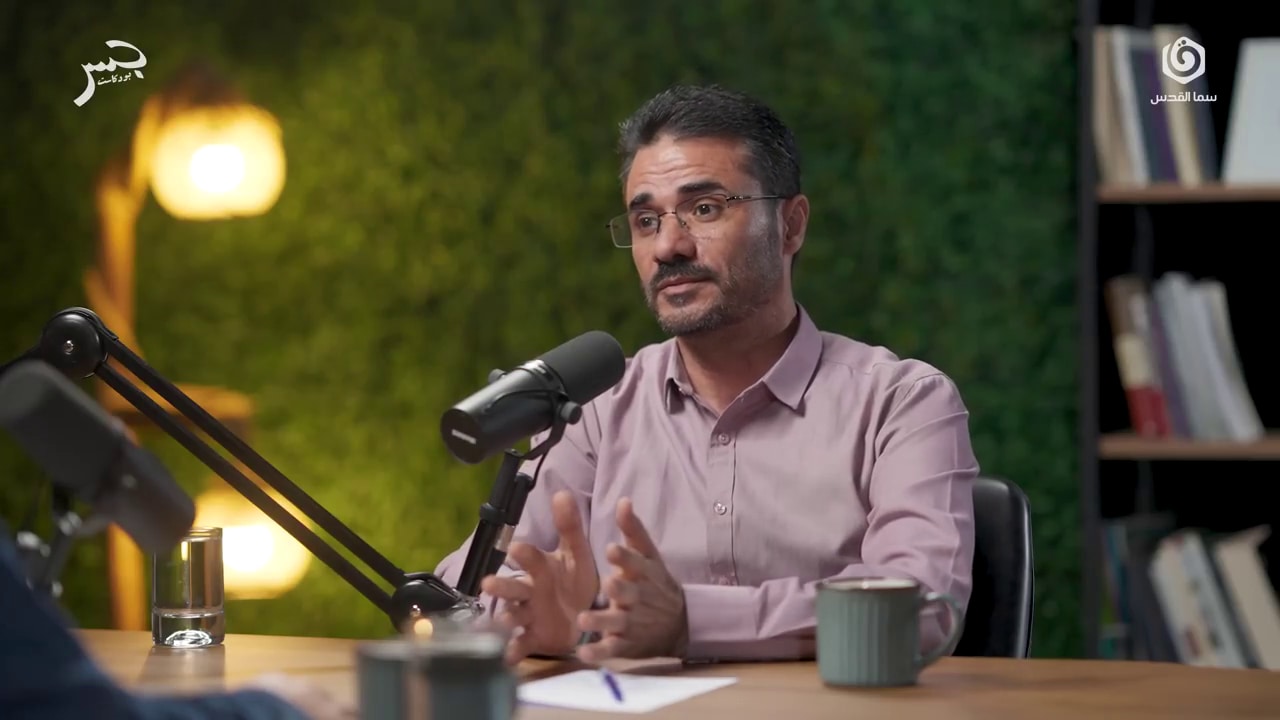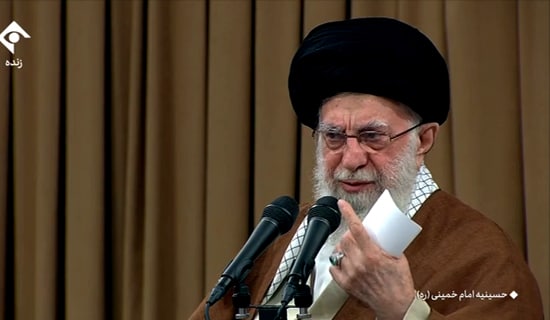
In an interview with France 24 TV, Father Yousif Toma, the Archbishop of Kirkuk, denied that the West was encouraging Iraqi Christians to emigrate. "The visas that have been issued in recent years do not come to even one percent of what is needed," he said. Father Toma said that the massive emigration has damaged the balance of society, because the elites are leaving while the poor are left behind. He described solidarity with Iraqi Christians as "modest." The interview aired on August 1.
Following are excerpts
Interviewer: You are calling upon the Christians to remain in their Arab countries, while there is talk that the West is encouraging the Christians to come by making it easier to obtain visas. Is this true?
Yousif Toma: I believe that this is not true. It's not accurate. Encouraging? It's more like droplets of rain. The visas that have been issued in recent years do not come to even one percent of what is needed. This need poses a problem, because emigration is by no means a solution for those who are left behind. Who will remain? The poor, the wretched, and the destitute. If a society loses its elite, its balance is lost.
Interviewer: Okay, so you are encouraging the Christians to stay put. Let's take an example with which you are very familiar - Mosul. Preparations are underway to attack Mosul. The city is under the control of the Islamic State organization. How can a Christian be expected to stay there, knowing full well that he will be slaughtered?
Yousif Toma: Indeed, not a single Christian is left in Mosul today. The church bells have not tolled in Mosul for two and a half years. Mosul and the Nineveh Plains were left without their Christian inhabitants. Therefore, we hope that Mosul will become once again this wonderful city that had served as a refuge for all people... So are you encouraging them to return? That is what I asked. If the circumstances facilitate their return... But this will take a long time. Today, we must remove this cancer (of ISIS) from our midst, and then we will think about recuperation.
Interviewer: What is the degree of solidarity with the Christians and among themselves, in confronting this phenomenon?
Yousif Toma: One may talk about modest solidarity. The vast majority in our country is paralyzed. Much of the responsibility for what is happening lies with this paralysis, with this helplessness. Everybody blames the other. I believe that we need to raise awareness. What we need most is to create a new culture, and to change the political and religious discourse, so that we can educate the new generations, because most of these extremists are young.
[...]
Interviewer: The weapon of the religions is tolerance. Do you think that the word "tolerance" is still credible in the current circumstances?
Yousif Toma: Religions are man-made, and anything pertaining to people may contract diseases. All religions faced pitfalls and great upheavals in their history, and then reformed themselves. The Catholic Church, to which I belong as a bishop, reformed itself in the Second Vatican Council, which convened for four years, 1962-1965. The Catholic Church reformed itself and changed its discourse. It adopted a positive world view. The same thing should happen in all religions. There is a German saying: Let everyone sweep in front of his own door, and the whole city will be clean.
[...]
Sadly, the great emigration from our countries in recent years has deprived our countries of the elites that are capable of changing them. So I take this opportunity to call upon all reasonable people to return, before our countries suffer even more destruction. Come back. Save and help us. And to the people who stayed, I say: Be steadfast, but don't keep quiet. Do not remain silent in the face of this overwhelming evil. Our country is ill. It was hit by a plague. It is a global plague, and it requires a cure.
[...]

















